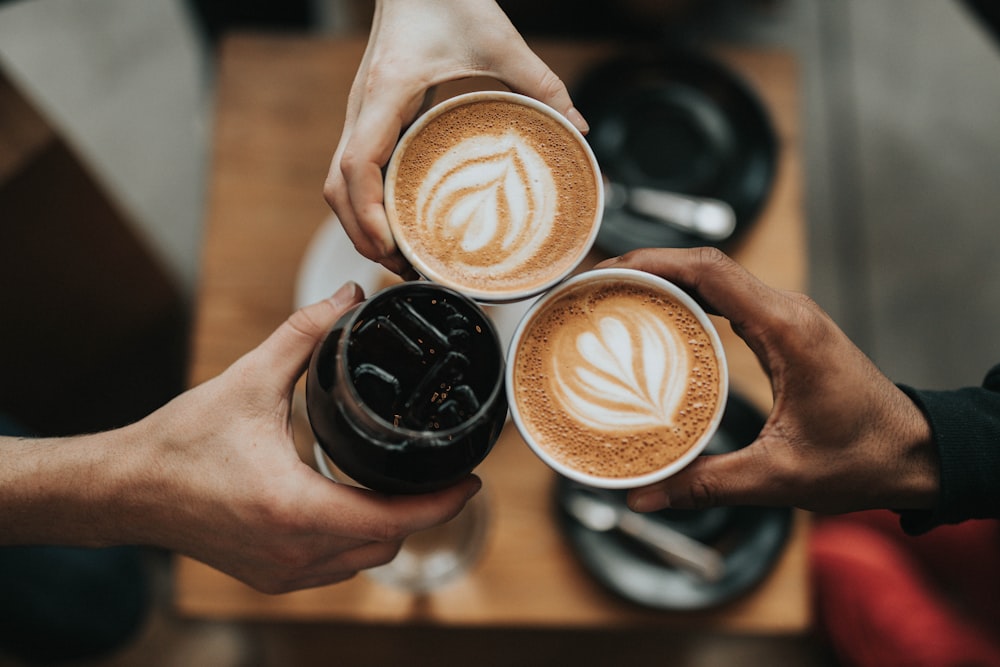The Bitter Truth: Unveiling the Reality of Coffee Addiction

Coffee, the beloved elixir of energy for millions worldwide, is more than just a beverage; it's a ritual, a comfort, and for many, a necessity. But beneath the rich aroma and the warm embrace of a morning cup lies a question often whispered but seldom addressed head-on: Can drinking coffee lead to addiction? This article delves deep into the heart of coffee culture, examining the scientific evidence behind caffeine addiction, its potential impacts on health, and how to enjoy coffee responsibly.
I. Understanding Caffeine:
- Caffeine Defined: A brief overview of caffeine as a natural stimulant found in coffee beans, tea leaves, and cocoa.
- How Caffeine Works: Exploring how caffeine affects the central nervous system, increasing alertness and warding off drowsiness.
II. The Path to Addiction:
- Regular Consumption and Tolerance: How regular intake of caffeine leads to tolerance, requiring higher doses to achieve the same effects.
- Dependence vs. Addiction: Distinguishing between physical dependence, characterized by withdrawal symptoms, and psychological addiction.
III. Signs of Caffeine Addiction:
- Craving and Compulsion: Identifying when the desire for coffee transcends mere habit.
- Withdrawal Symptoms: Discussing common withdrawal symptoms including headaches, irritability, and fatigue.
- Impact on Daily Life: When coffee consumption begins to affect financial, social, or physical aspects of life.
IV. Health Implications:
- The Good: Highlighting the potential health benefits of moderate coffee consumption, such as reduced risk of certain diseases.
- The Bad: Exploring the negative health effects of excessive caffeine intake, including anxiety, heart palpitations, and sleep disturbances.
- Vulnerable Populations: Special considerations for pregnant individuals, people with certain medical conditions, and those sensitive to caffeine.
V. Managing Coffee Consumption:
- Mindful Drinking: Strategies for becoming more aware of coffee intake and its effects on the body.
- Reducing Intake: Practical tips for gradually reducing coffee consumption to mitigate withdrawal symptoms.
- Healthy Alternatives: Suggestions for alternative beverages that can satisfy the ritual of drinking coffee without adverse effects.
VI. The Role of Coffee in Society:
- Cultural Significance: A look at how coffee culture varies around the world and its role in social interactions.
- The Coffee Industry: An examination of how the global demand for coffee affects production and trade.
VII. Personal Stories:
- Testimonials: Sharing personal anecdotes from individuals who have experienced caffeine addiction and how they managed it.
- Expert Opinions: Insights from health professionals on the best practices for enjoying coffee responsibly.
VIII. Conclusion:
While coffee remains a cherished part of daily routines globally, understanding and respecting the power of caffeine is crucial to ensuring that this love affair does not turn into a dependency. Like with all good things, moderation is key. By staying informed and mindful, coffee enthusiasts can continue to indulge in their favorite brew without falling into the pitfalls of addiction.



















































